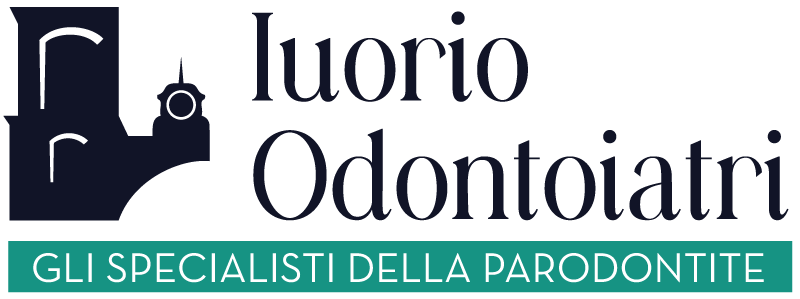What is Periodontitis
Periodontitis, commonly referred to as pyorrhea, is an infectious disease caused by a combination of bacteria and viruses.
The microorganisms in question invade the supporting structures of the teeth (periodontum), causing inflammation which does not resolve spontaneously but becomes chronic over time.
The affected tissues (bone, root cement, periodontal ligament and gum) suffer damage which, given the same stimulus, depends on the immune response of the individual.
Inefficient therapy of periodontitis always leads to an evolution of the disease.
When advanced gingivitis is left untreated, dental plaque, tartar and other debris build up beneath the gum line, creating periodontal pockets ideal for harmful microorganisms. These agents trigger an inflammatory reaction which, if left untreated, can lead to the loss of your precious teeth.
Inadequate oral hygiene is just one of many risk factors that contribute to periodontitis. Smoking, diabetes, vitamin C deficiency and other elements can play a crucial role in the onset of this disease.
This is why it is essential to act promptly.
With early diagnosis and targeted treatment, it is possible to preserve the health of your teeth and gums.
Periodontitis is a very common pathology, and the main cause of tooth loss in adulthood.
Although periodontitis is widespread with a significant percentage of the population affected, many are unaware of it or underestimate its severity. This often leads to a lack of early diagnosis and a lack of awareness of the importance of treating the disease promptly.
Tell us about your case, arrange a visit.
Fill in the required fields and we will contact you within 24 hours to arrange a check-up visit.
The causes of periodontitis

